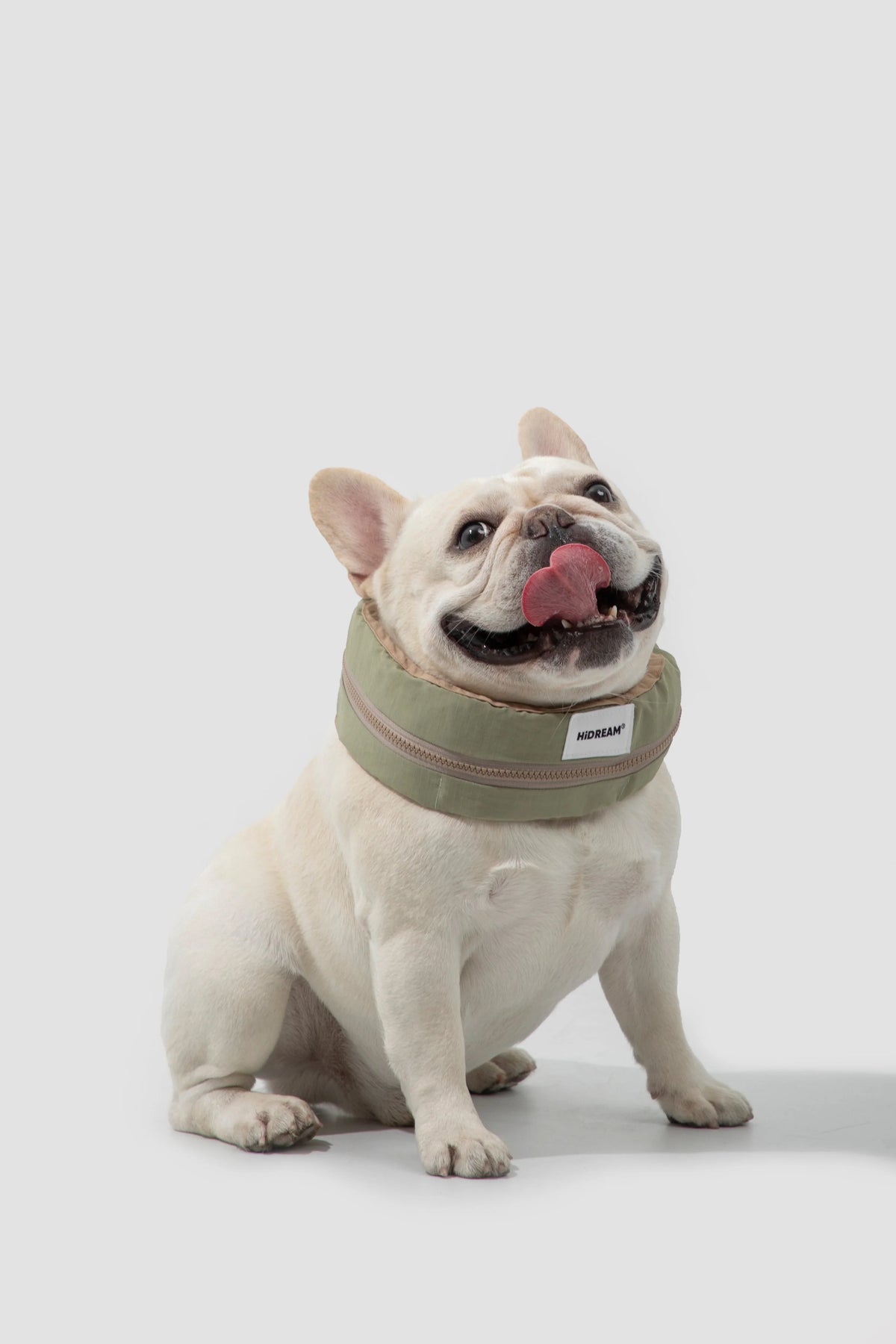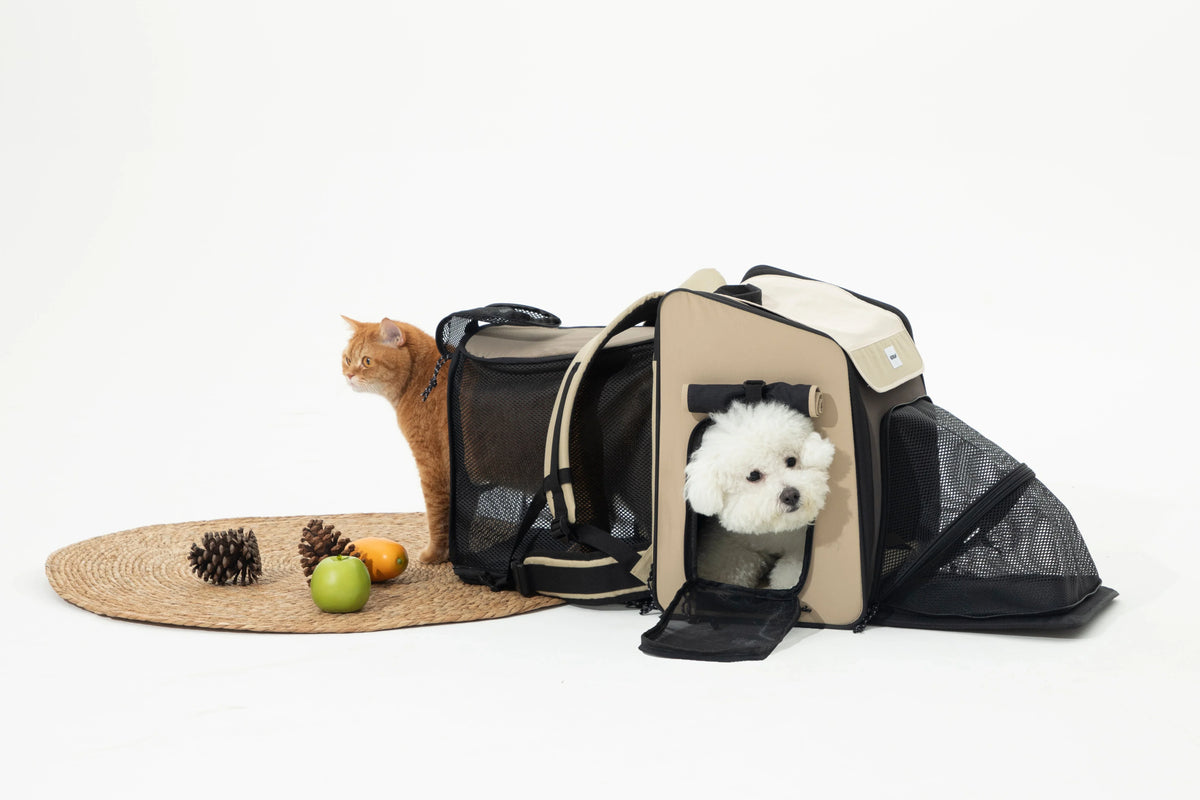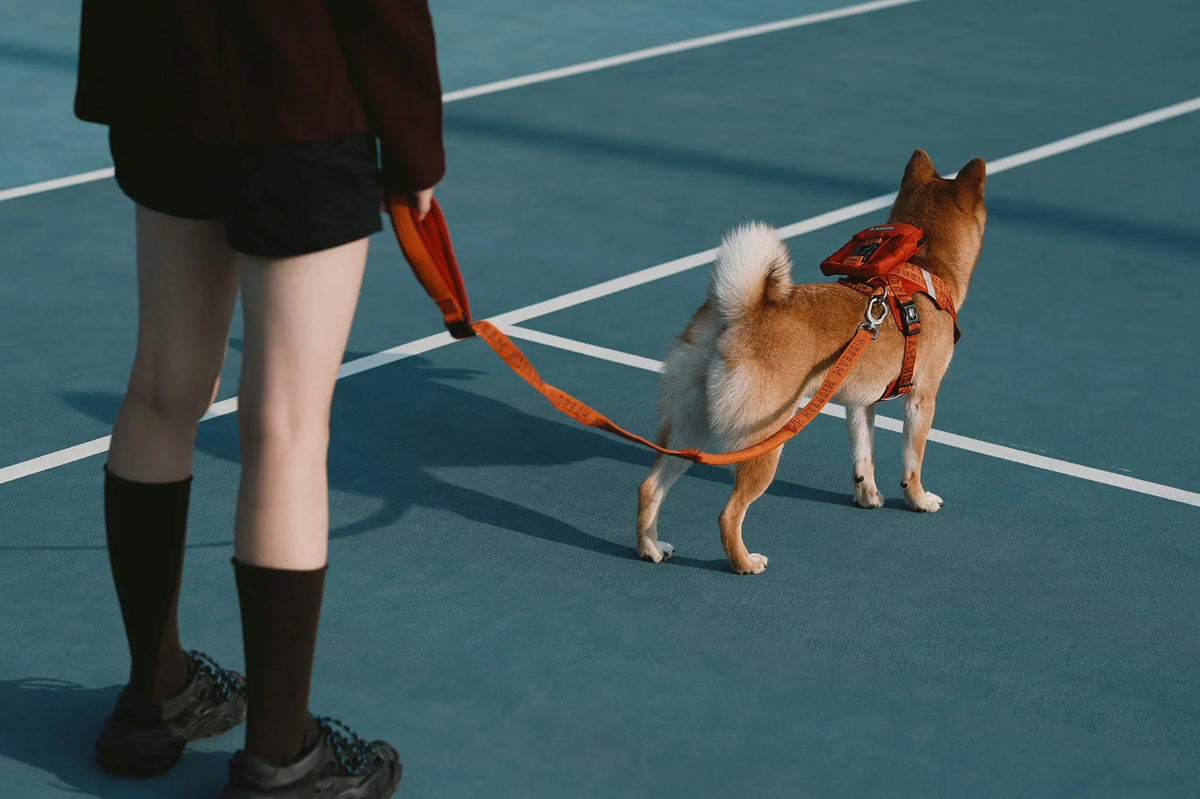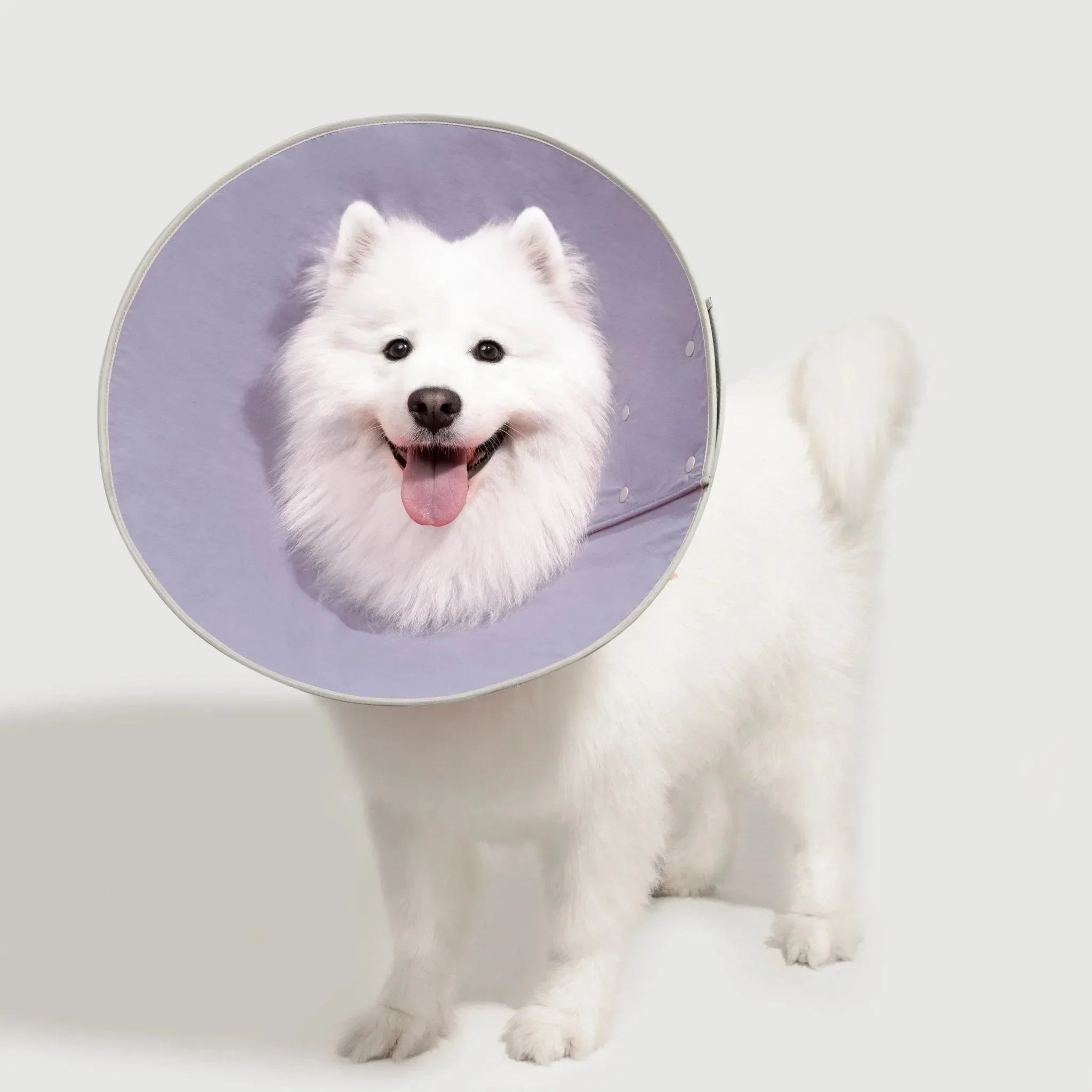Intro:
Dogs can suffer from a range of neurological conditions affecting the brain, spinal cord, and nerves. These disorders may cause seizures, balance loss, or sudden behavioural changes. Whether your dog is walking in circles, collapsing, or showing signs of confusion, early detection is key.
In this guide, we explain 10 common neurological conditions in dogs — what to look for, what causes them, and how you can support recovery.
1. Epilepsy and Seizures
Causes recurring seizures and is most common in young or genetically predisposed dogs.
Symptoms: facial twitching, drooling, convulsions, collapse
Recommended product: Soft Tapered Recovery Collar – for safe recovery post-seizure.
2. Intervertebral Disc Disease (IVDD)
Seen in Dachshunds and French Bulldogs. A spinal condition that compresses nerves.
Symptoms: yelping, limb dragging, stiffness
Recommended product: Papoose Sling Carrier – supports mobility during rehabilitation.
3. Stroke in Dogs
Strokes occur when blood flow to the brain is interrupted.
Symptoms: head tilt, disorientation, circling
Recommended product: Car Safety Belt – secure and stabilise your dog during vet travel.
4. Degenerative Myelopathy
Progressive condition in older dogs, leading to hind limb weakness.
Support: Anti-slip flooring, lifting support, padded collars.
5. Encephalitis
Inflammation of the brain from infections.
Symptoms: confusion, tremors, seizures
Support: Soft recovery collars and medication under vet supervision.
6. Meningitis
Affects brain/spinal membranes.
Symptoms: fever, neck pain, lethargy
Support: Anti-inflammatory treatment and comfort protection.
7. Wobbler Syndrome
Seen in Great Danes, causes spinal compression in the neck.
Symptoms: wobbly walk, unsteady movement
Support: Padded vests, restricted activity, physiotherapy.
8. Brain or Spinal Trauma
From injury, fall or impact.
Symptoms: paralysis, seizures, disorientation
Support: Vet emergency + protective gear like padded collars.
9. Vestibular Disease
Affects balance in senior dogs.
Symptoms: head tilt, falling over, nausea
Support: Support slings and soft collars to reduce neck strain.
10. Peripheral Nerve Disorders
Caused by diabetes, toxins, or trauma.
Symptoms: muscle atrophy, limb weakness, abnormal posture
Support: Lightweight harnesses, slings, dietary support.
How to Support Your Dog’s Recovery
- Soft Recovery Collars
- Sling Carriers
- Car Safety Belts
- Sensory Toys
Explore HiDREAM’s vet-recommended products to assist dogs during recovery.
FAQs
Q: How do I know if my dog has a neurological issue?
Watch for head tilt, seizures, disorientation, walking in circles.
Q: Can neurological disorders be treated?
Yes. Early vet intervention, care, and the right gear can help.
Q: What recovery tools are best?
Recovery collars, slings, car belts, and calming toys all support recovery.
Your Dog Deserves Relief, Comfort and Care
Seeing your dog struggle with seizures or mobility issues is heartbreaking. But early care and the right gear can make a big difference.
HiDREAM recovery products are trusted by Aussie pet parents and designed for real-life healing:
- Soft Recovery Collars
- Sling Carriers
- Car Safety Belts
- Sensory Toys
👉 Ready to support your dog’s health?
Need help choosing? Email us anytime at: support@hidream.com.au





![[Customizable] Pet ID Tags](https://cdn.shopify.com/s/files/1/0651/8158/1386/files/customizable-pet-id-tagshidream-789653.jpg?v=1751554864&width=600)
















